AARP Hearing Center

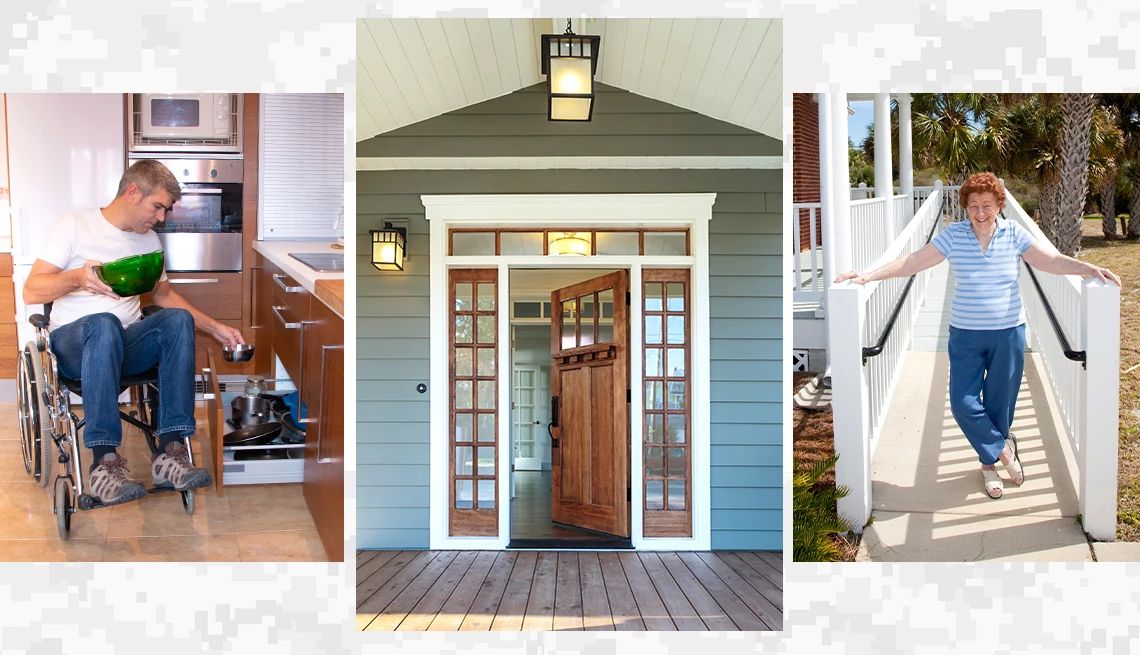
As we age, maintaining independence in the comfort of familiar surroundings often becomes a top priority. Fortunately, the U.S. Department of Veterans Affairs (VA) and other organizations offer valuable resources to veterans who face mobility challenges and require home adaptations to suit their individual needs.
VA grant programs offer more than $150 million in funding each year, but fewer than half of all eligible veterans take advantage of them.* VA officials emphasize that increased awareness of these programs could lead to greater funding allocation, directly improving the lives of veterans and their families.
Although navigating the specific eligibility criteria and application process might seem complex, understanding the benefits offered can empower veterans to access these programs. With the right information and guidance, claiming these well-deserved benefits can lead to better outcomes and an improved quality of life.
This guide is designed to help you:
- Assess how your health may affect your ability to live independently and determine which home modifications are applicable to your needs.
- Learn more about the many benefits offered from the U.S. Department of Veterans Affairs (VA) and other organizations that help veterans, or their families, purchase or construct an adapted home or modify an existing one.
- Understand how to apply for valuable home modification grants and related programs.
- Identify how to get (no-cost) help from certified veterans representatives with specific experience and knowledge of service benefits.
Useful tips:
- Be persistent. Criteria frequently change, so eligibility for certain benefits can change.
- Gather and organize your military service information. The VA and other agencies require physical documentation to determine the specific benefits you qualify for.
- Ask questions, seek help and reapply as information and your needs evolve.
- After submitting initial applications, remain engaged to stay informed of any potential issues and avoid missing deadlines.
Hear from veterans who benefited from home modifications
Introduction to home modification grants
The VA oversees the Specially Adapted Housing program along with several other home modification grants, which continue to evolve through legislative or regulatory changes.
The VA offers different levels of home modification or “adaptation” programs tailored to the specific needs of qualified individuals in different situations. Eligibility is not based on income, but those who qualify have certain service-connected disabilities, such as loss of use of limb(s), visual impairments, severe burns, respiratory issues or other chronic illnesses. The grants provide money for either home construction or home modification for eligible veterans — whether they live by themselves or with others. One program grant, the Home Improvements and Structural Alterations (HISA), can be written by a VA physician like a prescription. Specific grant programs will be addressed in more detail later in the guide.
- Specially Adapted Housing (SAH) grant: You may be eligible to receive up to $117,014 (in fiscal year 2024) if you’re buying, building or modifying your permanent home to address special needs.
- Special Housing Adaptation (SHA) grant: You may be able to receive up to $23,444 (FY 2024) to buy, build or modify your permanent home. This program has less stringent requirements than SAH.
- Temporary Residence Adaptation (TRA) grant: If you are living temporarily in a family member’s home that needs modifications to meet your needs, you can receive up to $47,130 (in FY 2024, if you qualify for SAH), or $8,415 (in FY 2024, if you qualify for SHA).
- Home Improvements and Structural Alterations (HISA) program: Up to $6,800 (in FY 2024) may be provided for medically necessary improvements and structural alterations to a veteran’s primary residence when prescribed by a VA physician.

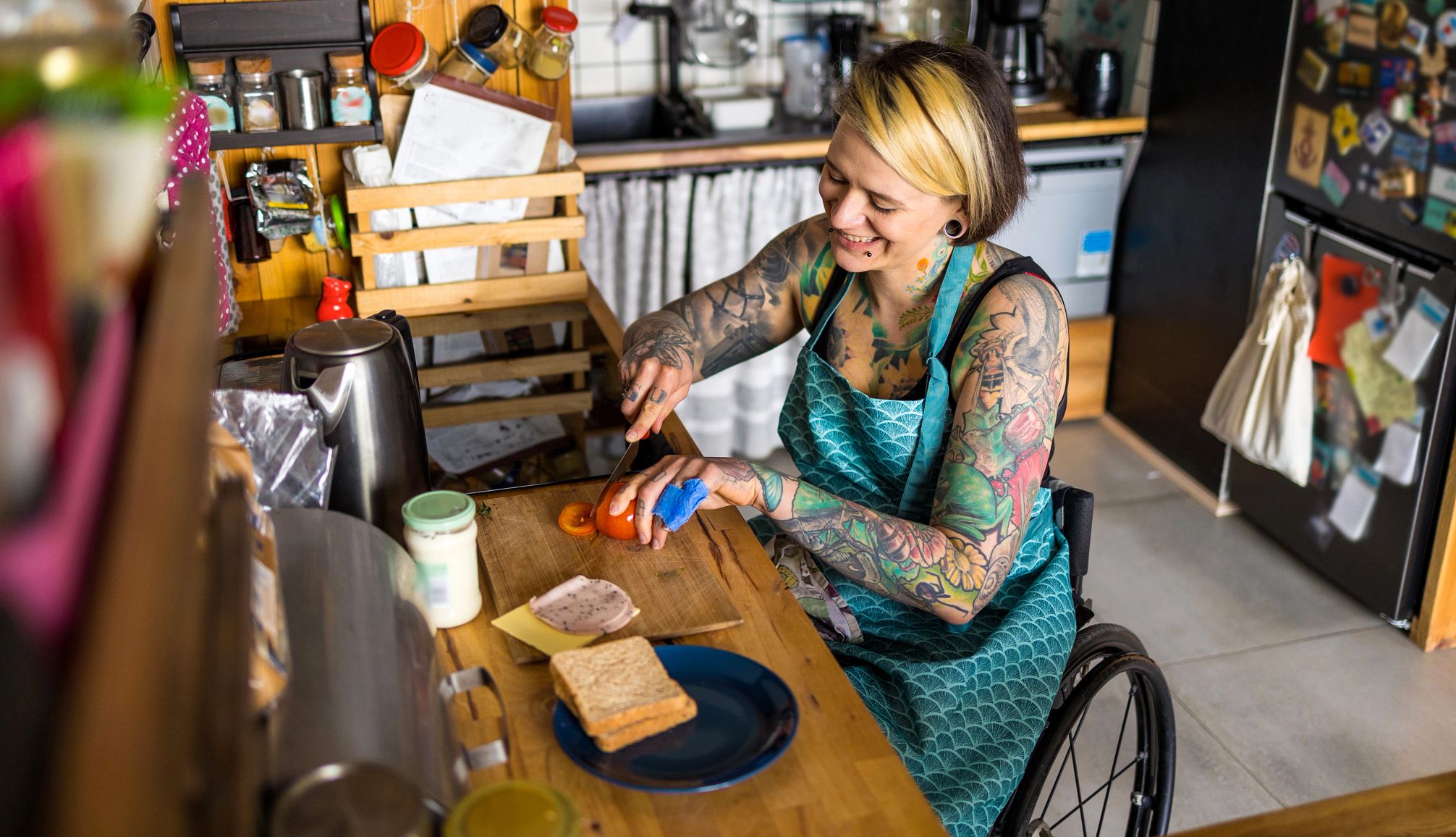
VA benefits: Eligibility and enrollment
Veterans qualify for benefits in three ways.
- Service-connected injury: A disability from an injury or illness incurred during or because of military service.
- Special circumstance: Recipients of a Purple Heart or Medal of Honor, and prisoners of war.
- Income: People of all incomes are eligible, but those with an income below a certain amount determined by the VA may have more options.
How to qualify for disability-related benefits:
If you have a disability, you may qualify for VA disability compensation. This is a monthly tax-free payment based on your disability rating through the VA.
People with disabilities may have:
- Physical conditions such as a chronic illness or injury.
- Mental health conditions, such as post-traumatic stress disorder.
To qualify for a VA disability benefit, BOTH of the following must be true:
- You served at least 180 days of active duty, active duty for training or inactive duty training.
- You received a disability rating from the VA for a service-connected injury. (You will be given a percentage of disability rating from a VA provider.)
And there must be at least ONE of the following:
- In-service disability: A sickness or injury that occurred while serving and is linked to a current condition.
- Preservice disability: An illness or injury received before joining the military that was made worse from serving.
- Post-service disability: A disability related to active duty that didn’t appear until after service ended.
How to enroll in VA benefits:
You will first need to provide paperwork that verifies you served in the U.S. military. Veterans (or their families) need a copy of their DD214, the official record of an individual’s military service. To obtain copies of your records, contact:
- The National Archives and Records Administration*
- The VA hotline to request a certified DD214 (wait and hold times may be long): 877-222-8387 or 800-827-1000*
- Your U.S. member of Congress or senator’s office by
- Calling the U.S. Capitol switchboard at 202-224-3121
- Contacting your senator* or House representative* directly
- A VA facility, a state or county VA office or a certified Veterans Service Organization (VSO), such as Veterans of Foreign Wars (VFW) or the American Legion. Here is a list of certified VSOs.*

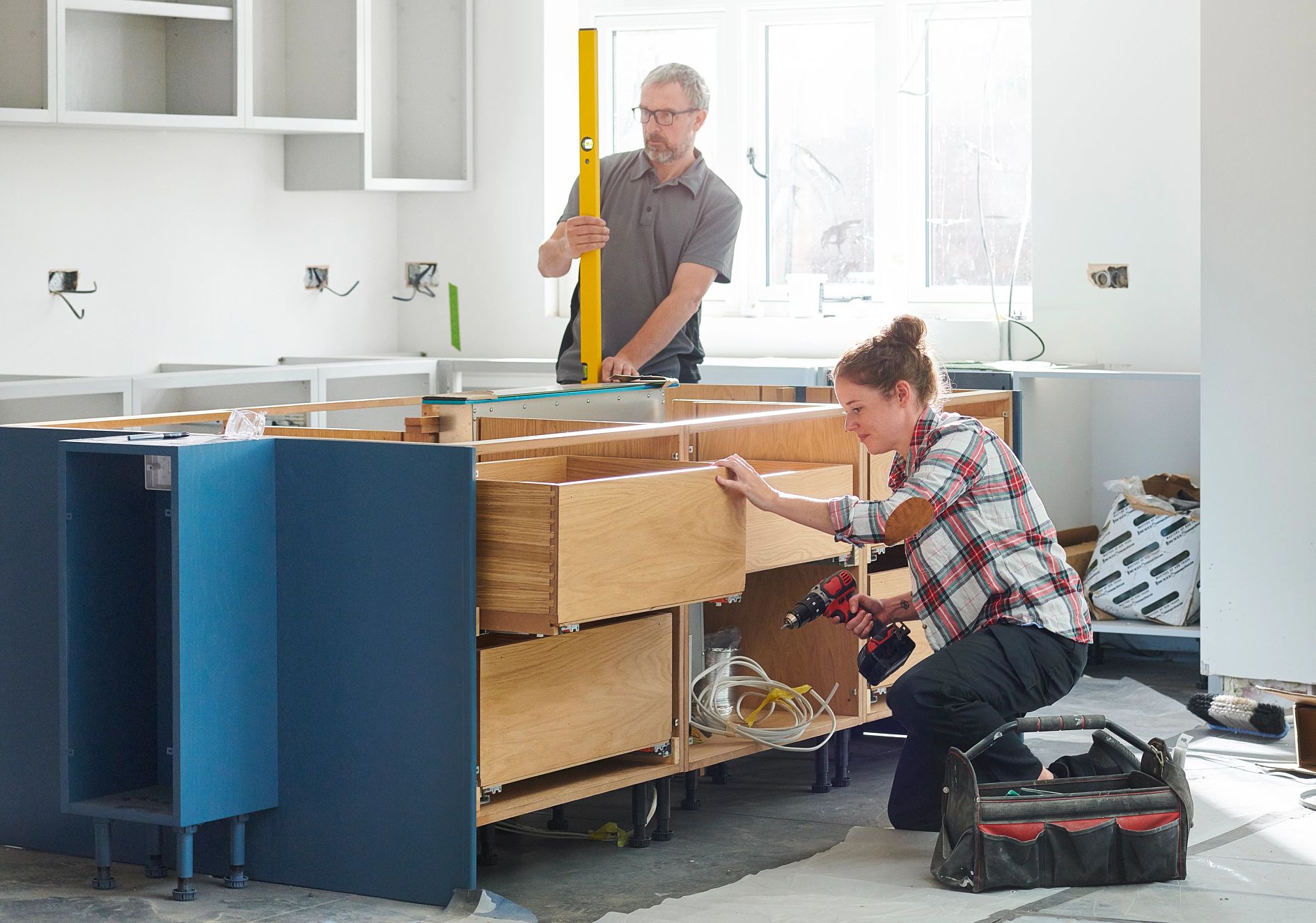
Identify the best program for you
Remember that a veteran is often eligible for more than one benefit program. Make sure to explore all programs described in this guide, so you can make the most of the assistance available.
The following are real-life examples of individuals and families who obtained VA home benefits. If these stories are relevant to you, this guide can help you determine the next steps to take.































.jpg?crop=true&anchor=13,195&q=80&color=ffffffff&u=lywnjt&w=2008&h=1154)





























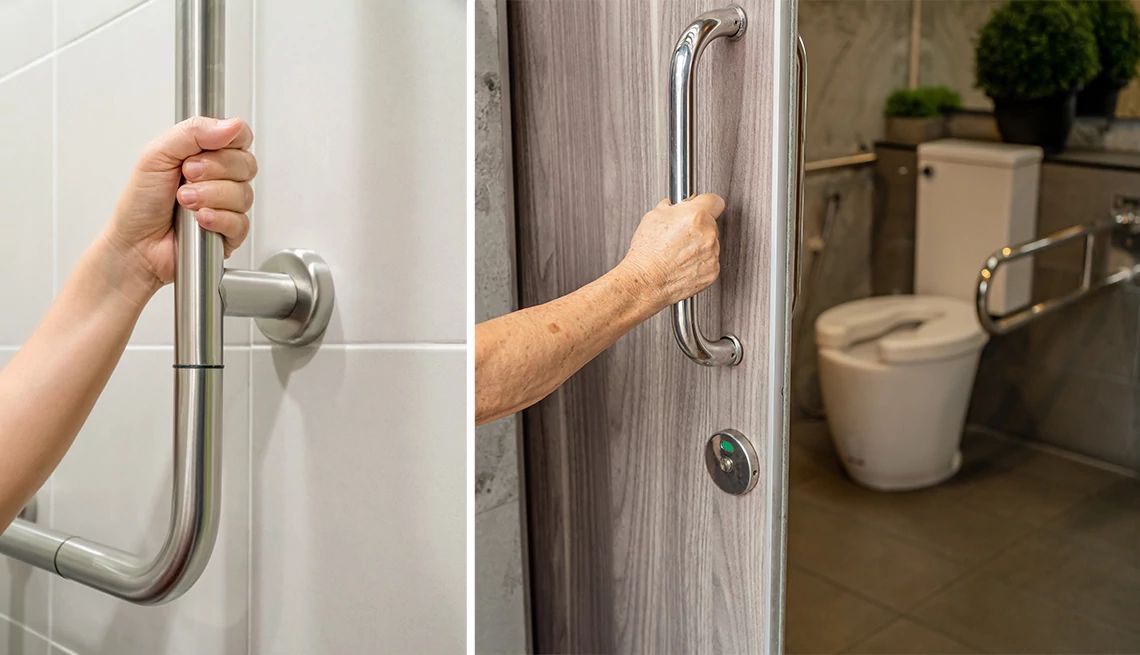
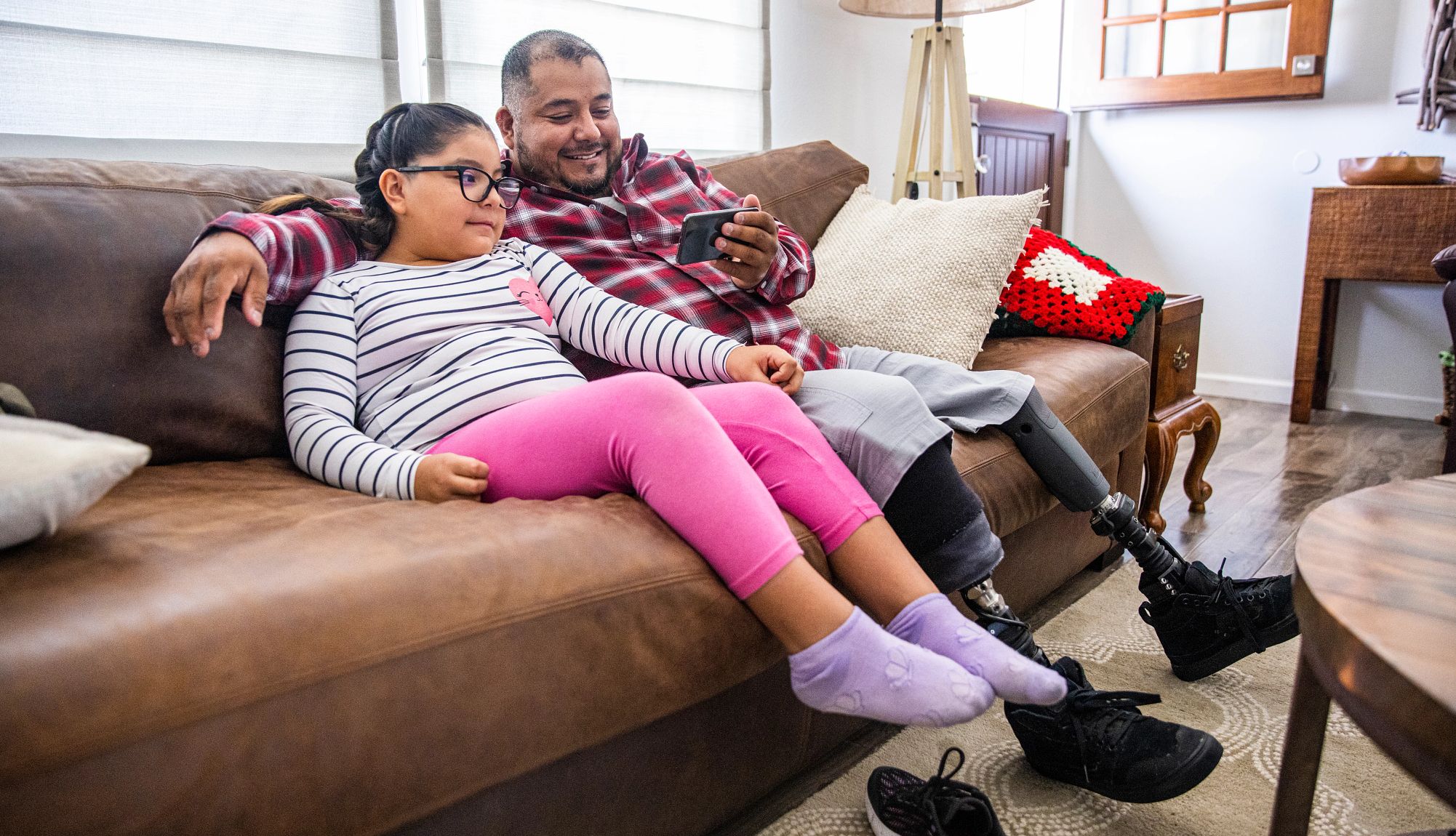
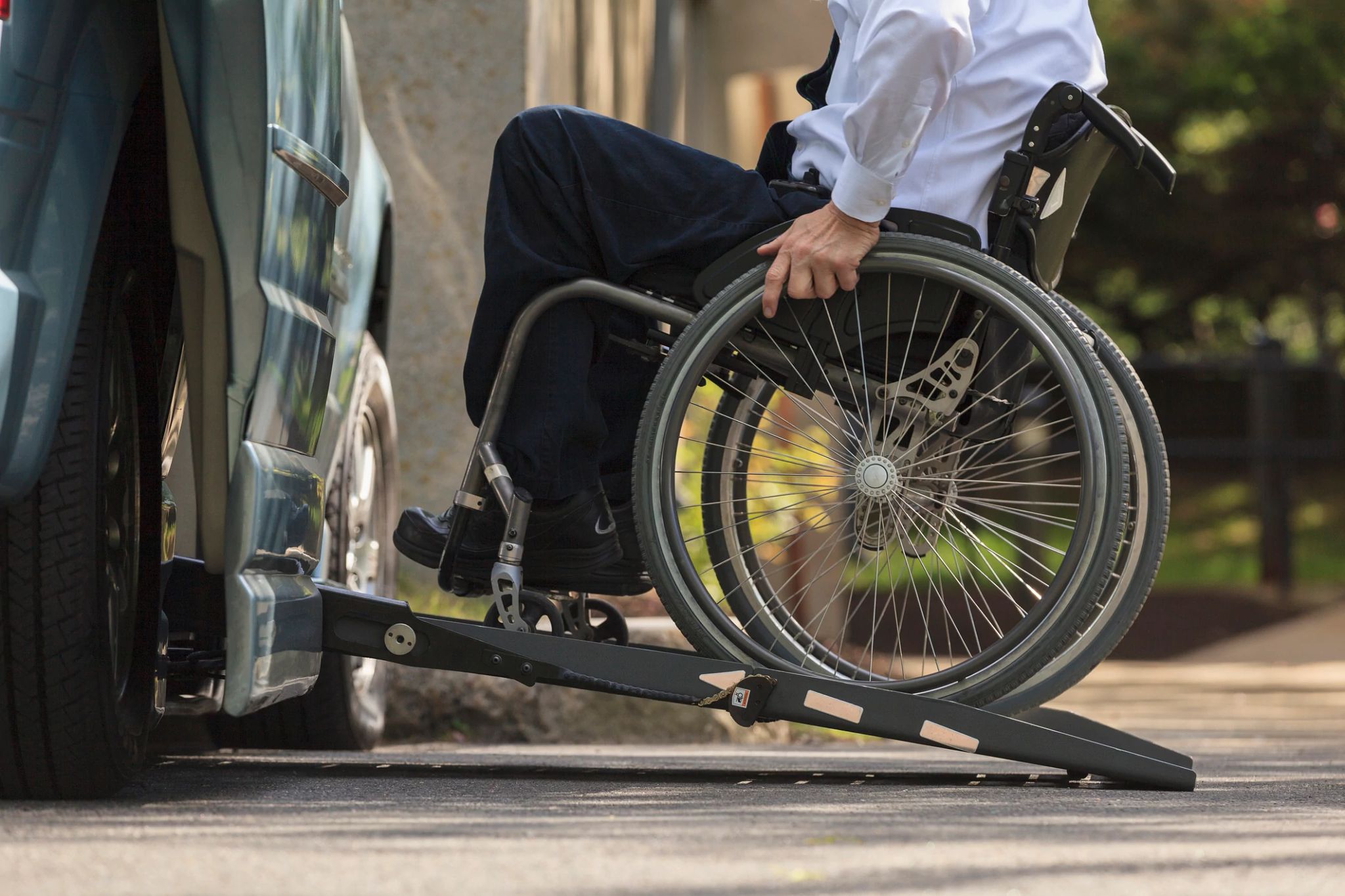
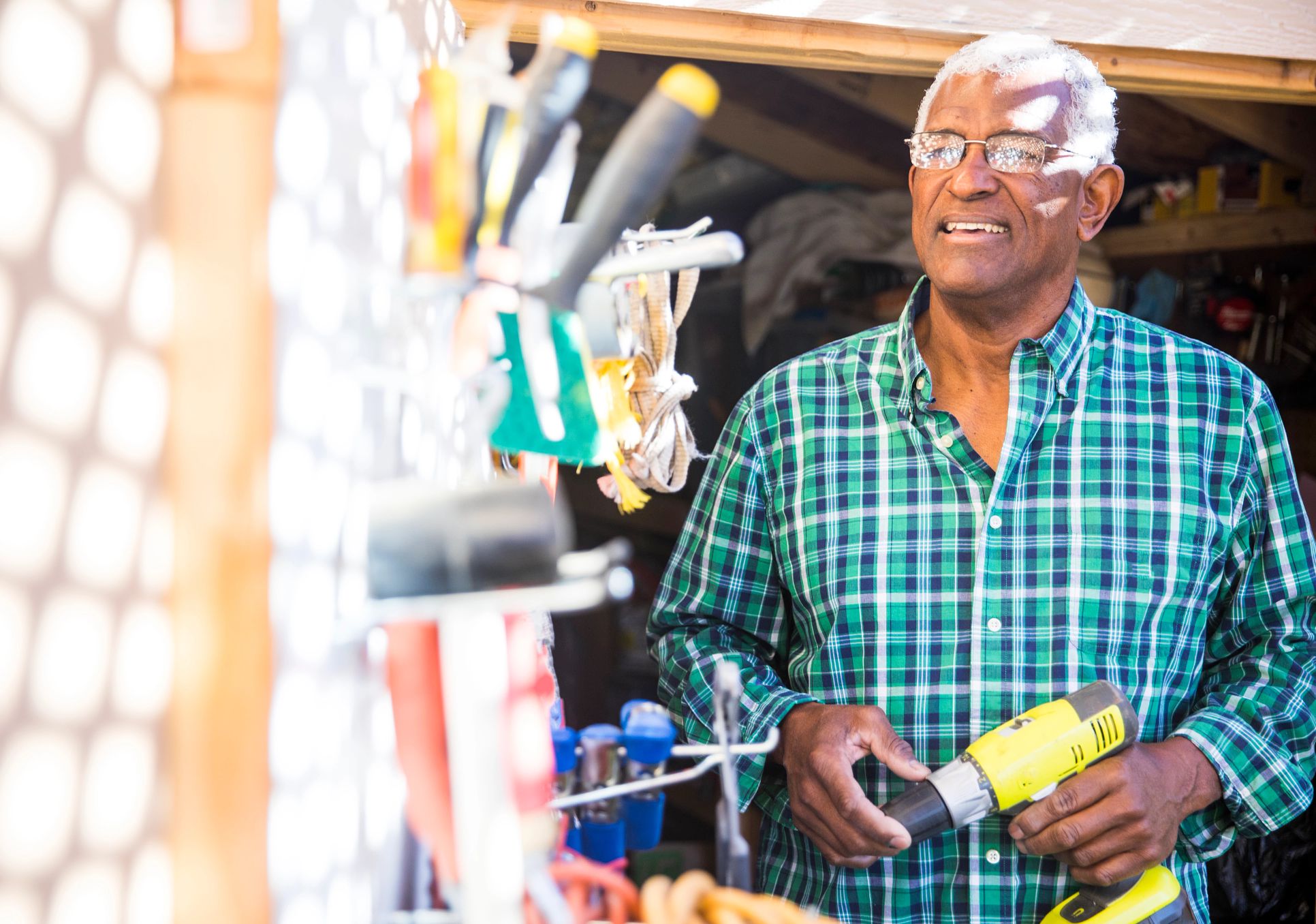
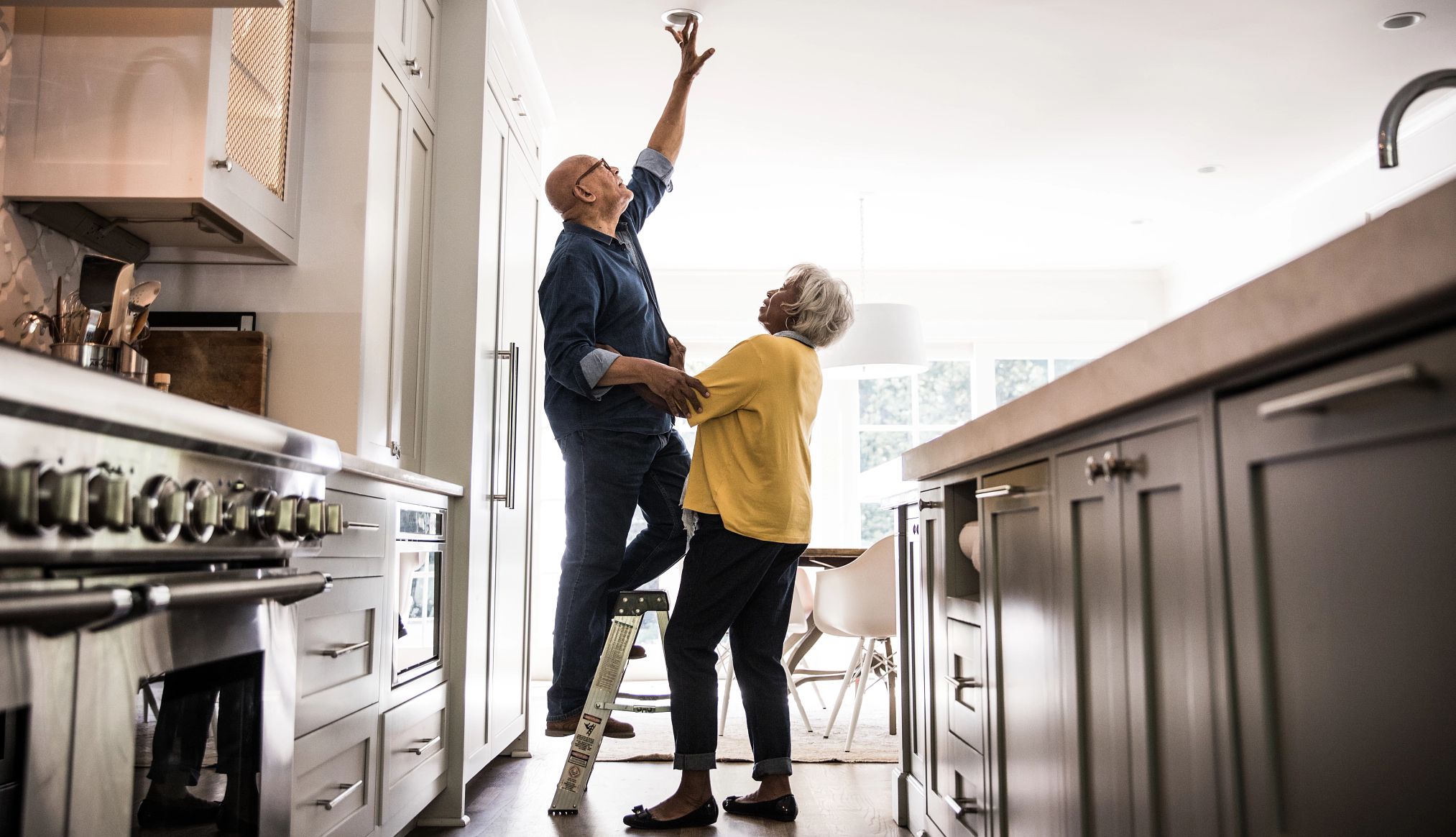
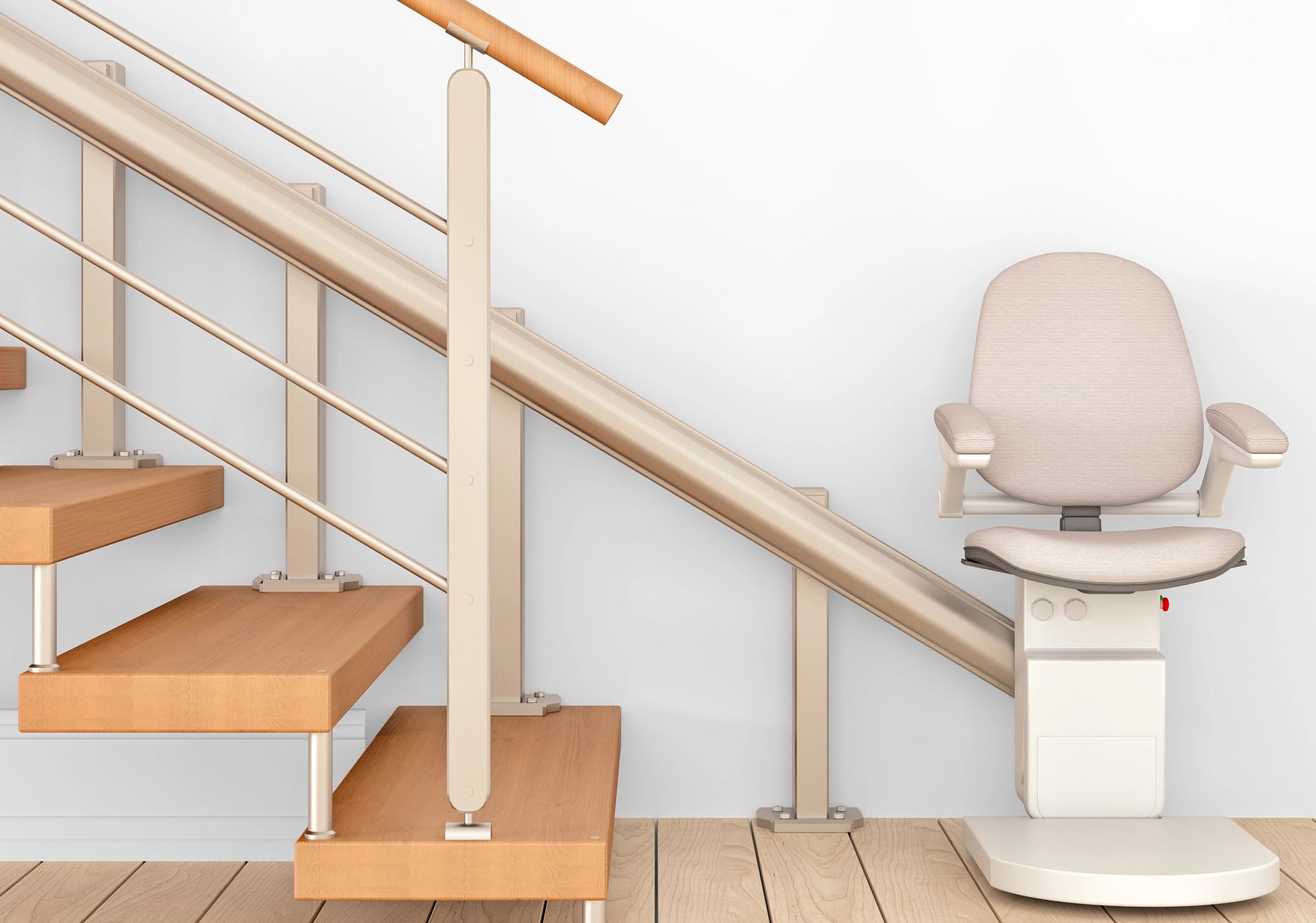


More From AARP
Disabled Veterans' Property Tax Breaks
State-by-state guide to deductions
Health Benefits Navigator: Digital Edition
A tool to help veterans and their family members find and obtain service-related health benefits
New AARP Job Center Helps Veterans, Military Spouses Get Work
Free resources to jump-start a civilian career path
Recommended for You